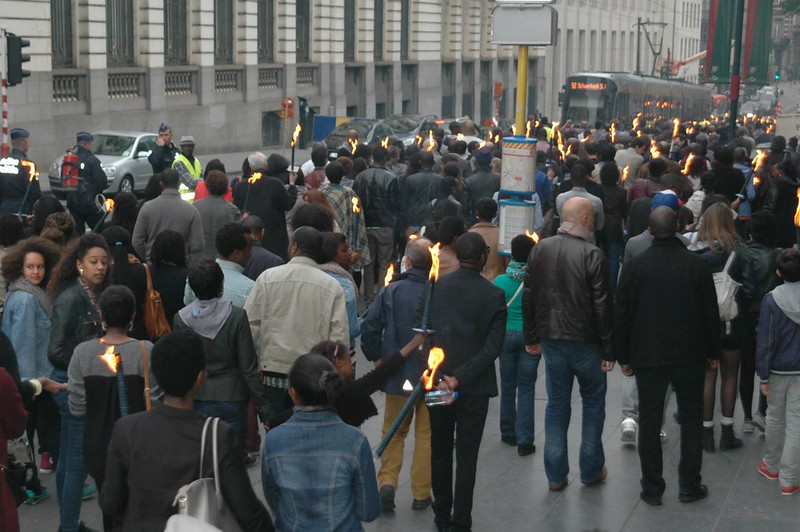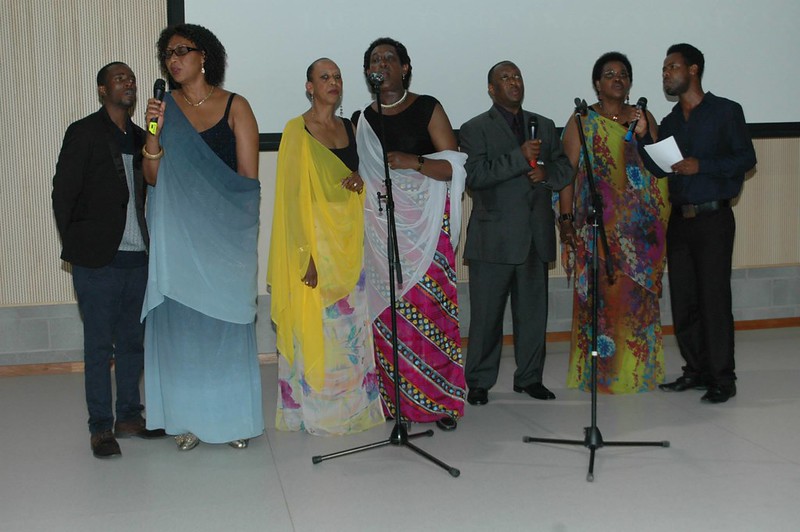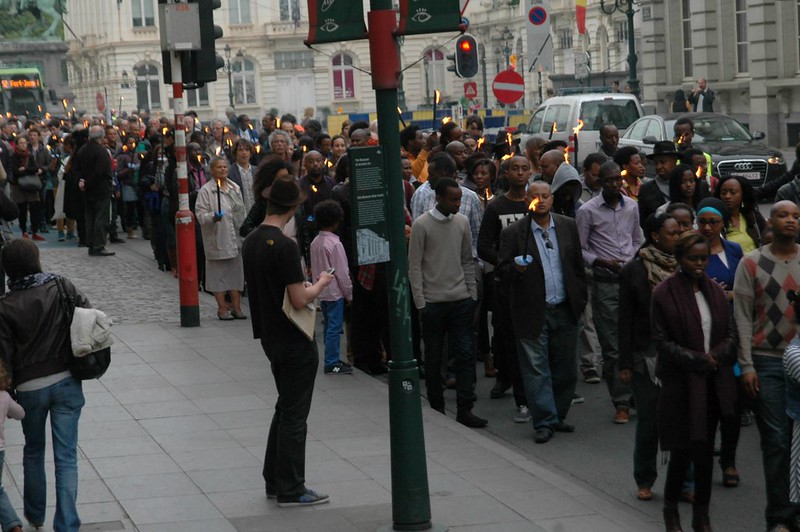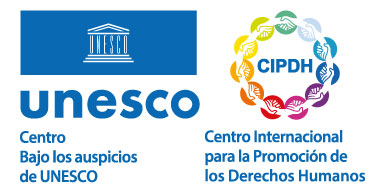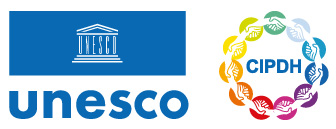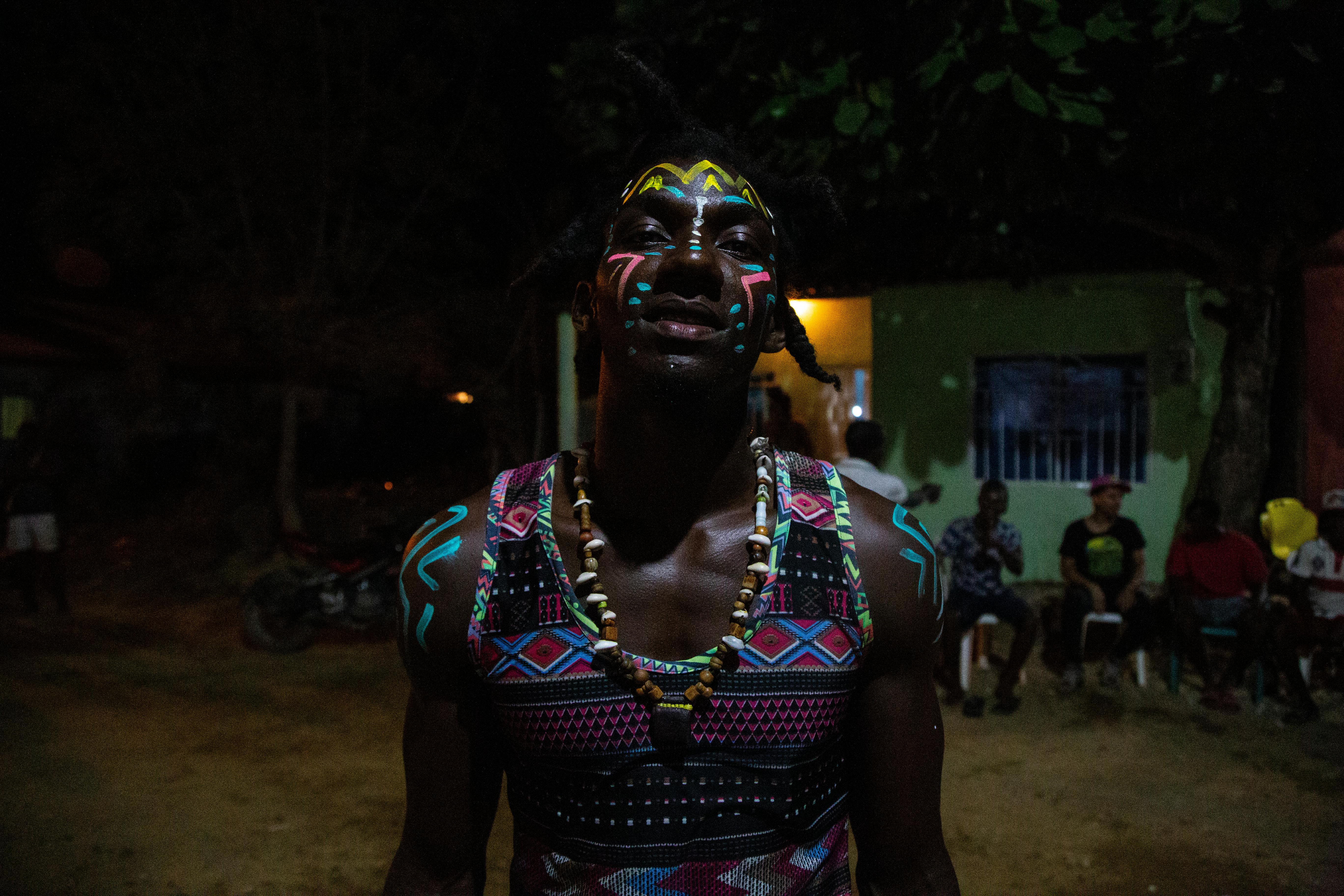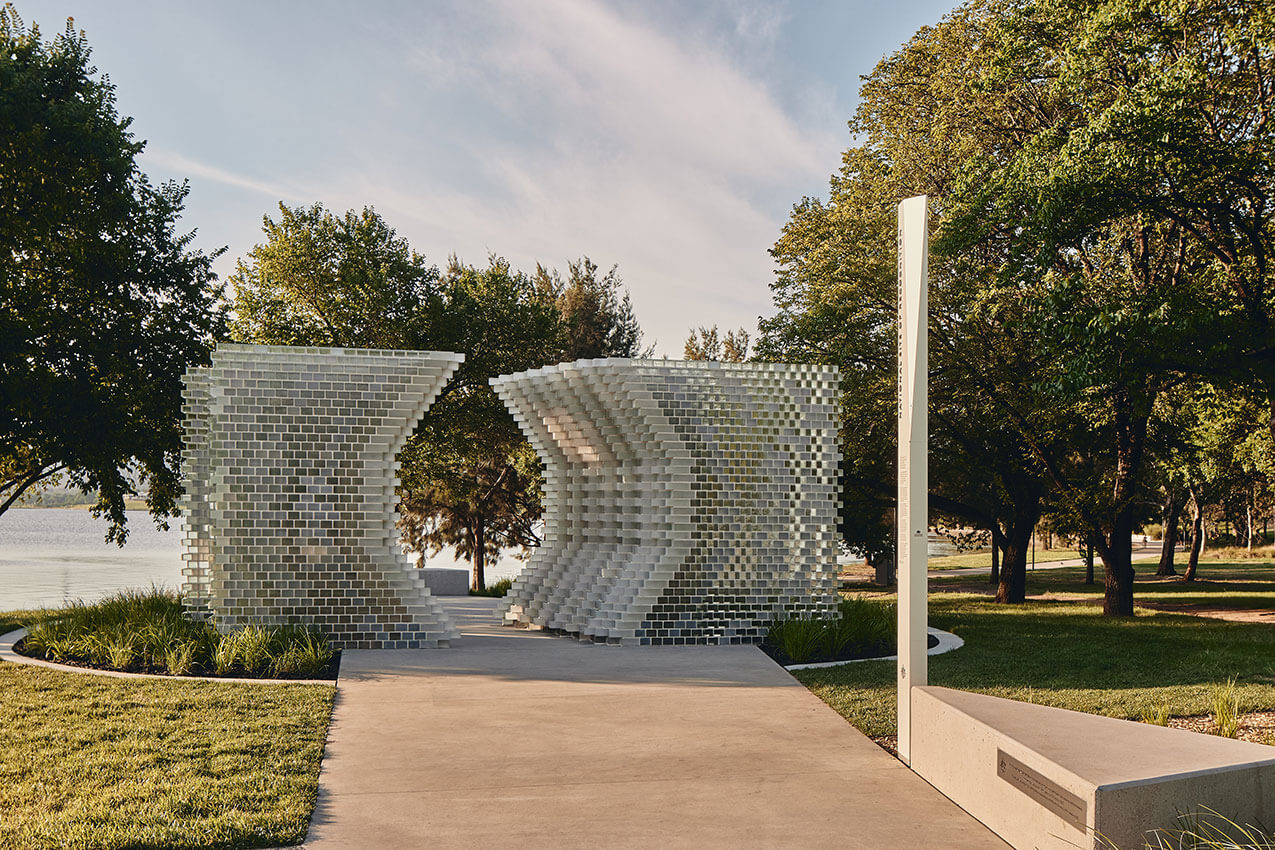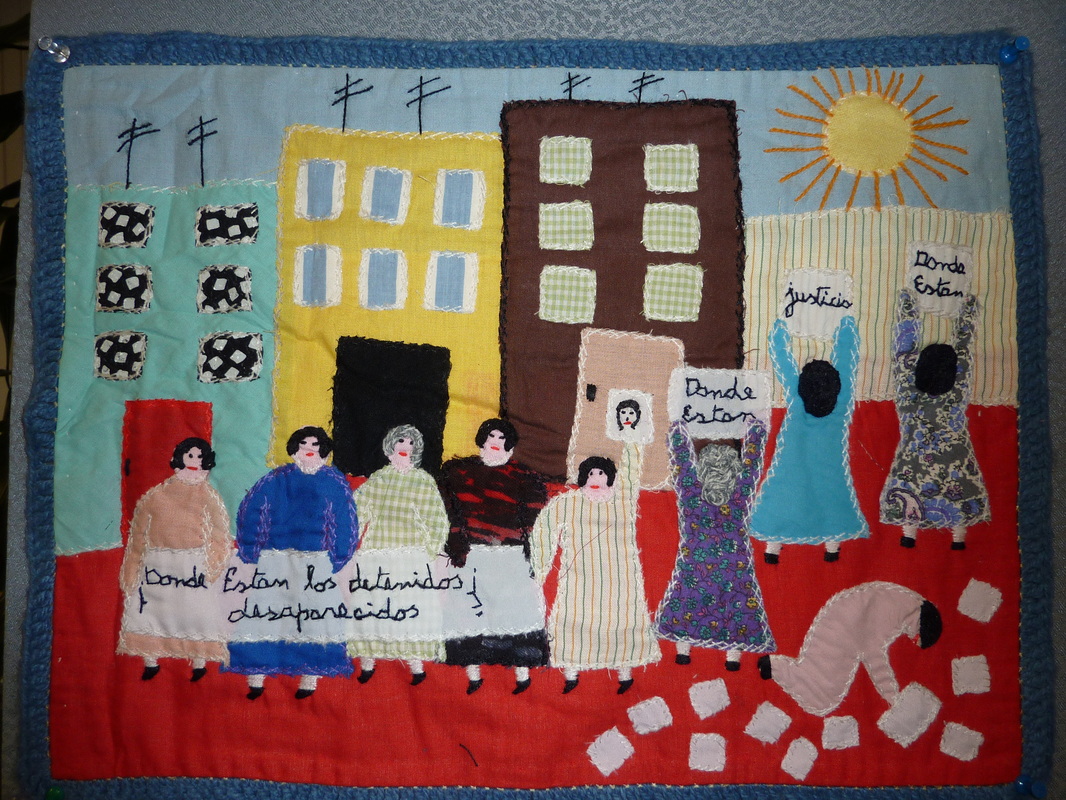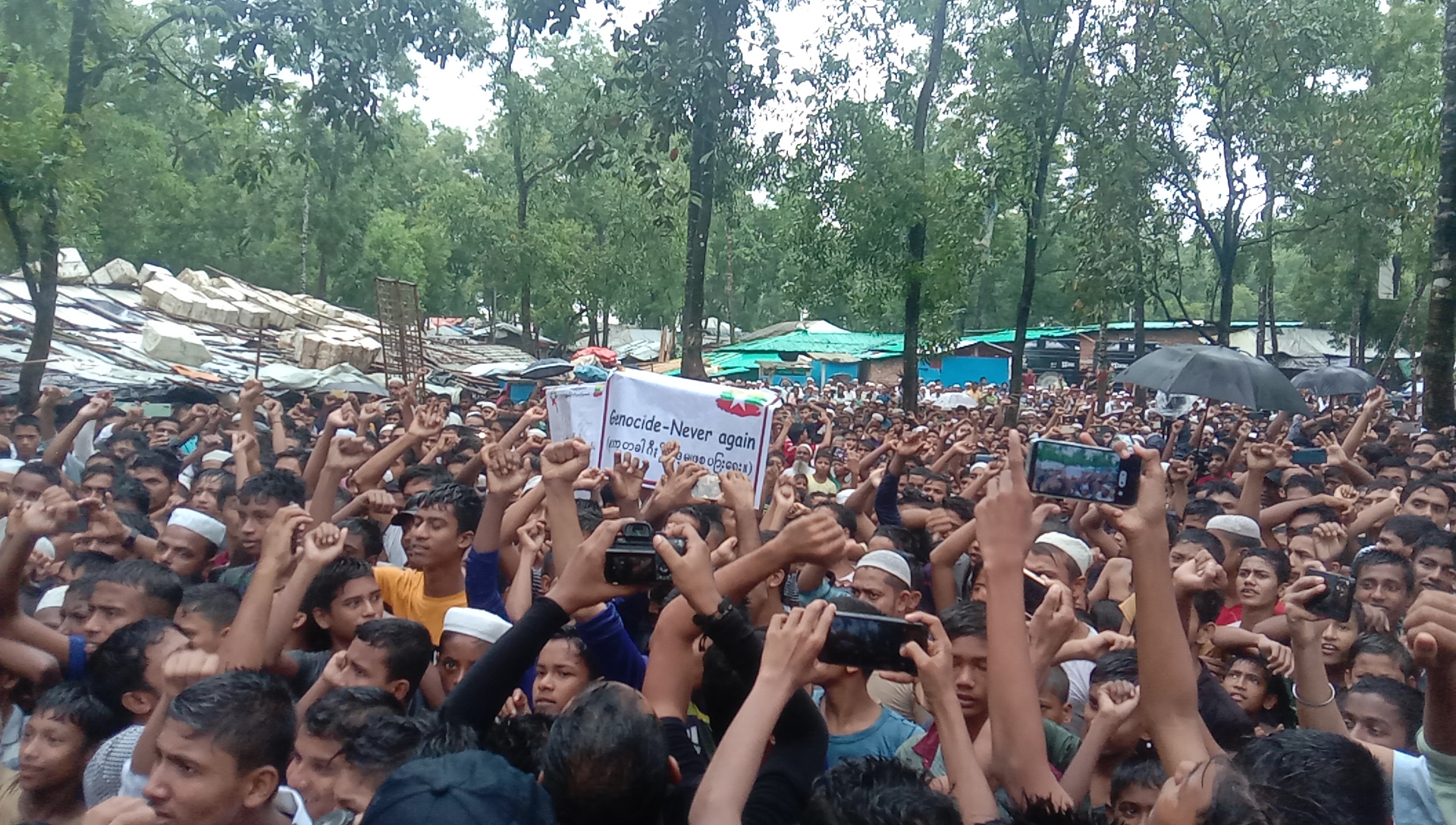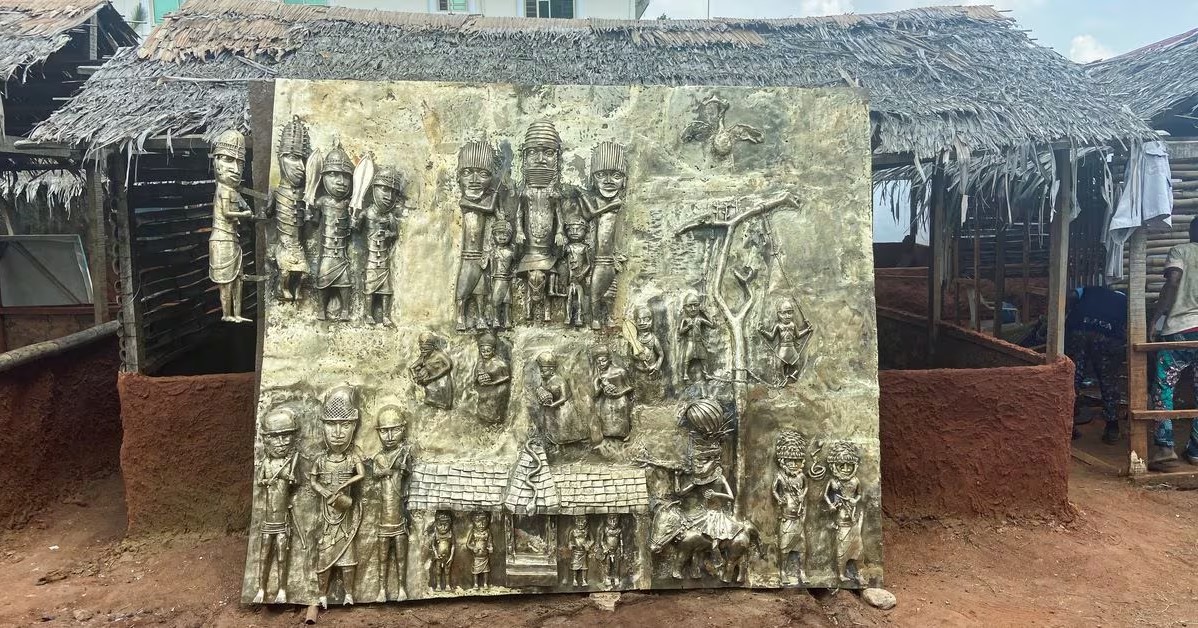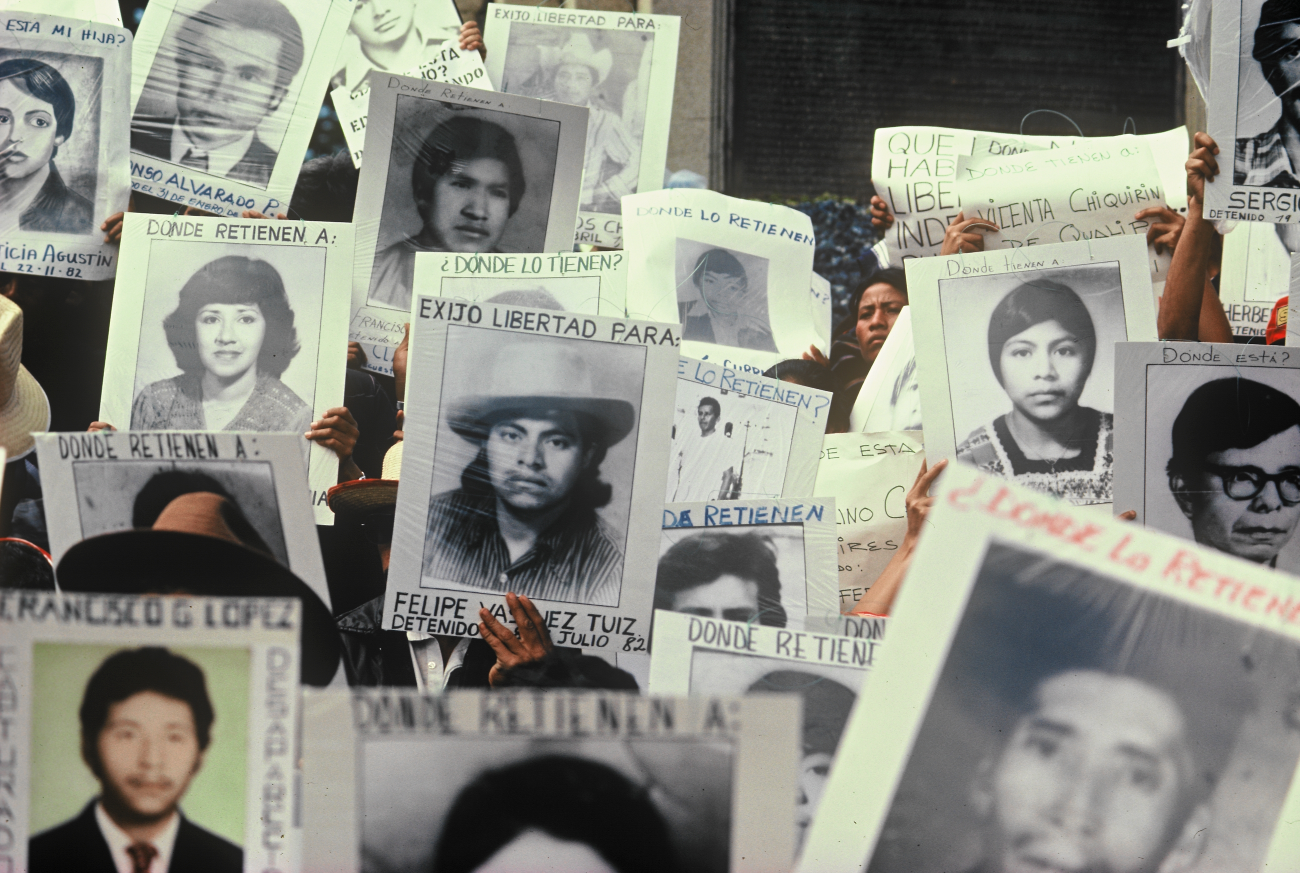Commemorations of the Genocide against the Tutsis in Rwanda
Intangible
Theme: Genocide and/or Mass Crimes

Address
Place Poelaert
Country
Belgium
City
Brussels
Continent
Europe
Theme: Genocide and/or Mass Crimes
Purpose of Memory
Commemorating the victims of the genocide against the Tutsis.
Known Designation
Commemorations of the Genocide against the Tutsis in Rwanda
Date of creation / identification / declaration
1995
Public Access
Free
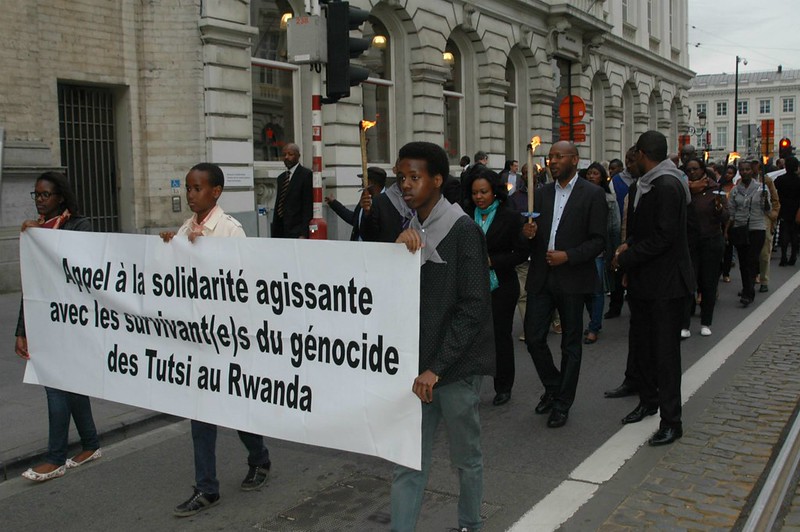
Location description
In Brussels, every April 7th, commemoration ceremonies for the genocide occurred in Rwanda in 1994 are organized. The commemorations include debates, testimonies, chants, demonstrations with torches and a nightly vigils.
The population of Rwanda basically consists of three ethnic groups: Hutus, Tutsis and Twas. By the end of the 19th century, European colonists relied on the Tutsi minority to create the colonial system which lasted until the middle of the 20th century. With the process of decolonization that took place in the 1950s, ethnic conflicts between Hutus and Tutsis began.
The assassination of Rwandan President Juvénal Habyarimana, on April 6,1994, gave rise to intense massacres perpetrated by the Hutus against the Tutsis for weeks. It is estimated that more than one million people were killed and around two hundred thousand were victims of sexual violence and tortures, in what is known as the Genocide against the Tutsis. After the massacres, the mass displacement of people towards refugee camps located in neighboring countries took place. During the first weeks of the genocide, moderate Hutus, Twa and other ethnic groups were murdered.
The International Criminal Tribunal for Rwanda (ICCR), created by the United Nation Security Council, operated between November 8, 1994 and December 31, 2015; and it prosecuted 93 people of which 62 were convicted.
The memory of the genocide in Rwanda was marked from the beginning by a strong international presence. On August 16, 1994, only one month after its end, the Ibuka-Mémoire et Justice association (Ibuka Memory and Justice) was created to gather the survivors and relatives of the victims. The term “Ibuka” means “remember” in Kinyarwanda (the official language in Rwanda). This association promoted the creation of an international foundation, in charge of perpetuating the memory of the victims and prosecuting the intellectual perpetrators, crime accesories, organizers, accomplices and executors of these crimes against humanity. With the agreement of the administration council of the Belgian association, a Swiss section started to operate as from May 1995. The different associations in the European continent are grouped in Ibuka-Europe. In the same line, on November 14, 1995, the survivors created an association called Ibuka-Rwanda in Kigali.
On April 7, 8 and 9, 1995, the organizations Ibuka, Memorial Day and the Comité pour le Respect des Droits de l’Homme et la Démocratie au Rwanda established the “Rwanda Ibuka (Remember) seminars”. Since then, every April 7, different homages are organized among which the torch marches in the streets of Brussels and a nightly vigil stand out. That day, the commemorations, which every year receive the participation of hundreds of people, also include debates, testimonies and allusive artistic expressions. At the beginning, the stress was on the demands for justice; later, the commemorations aimed at the reconstruction of the country. These celebrations are repeated in different cities of Belgium during the whole month of April.
Since 2003, the United Nations General Assembly recognizes April 7 as the International Day of Reflection on the 1994 Genocide against the Tutsi in Rwanda.
